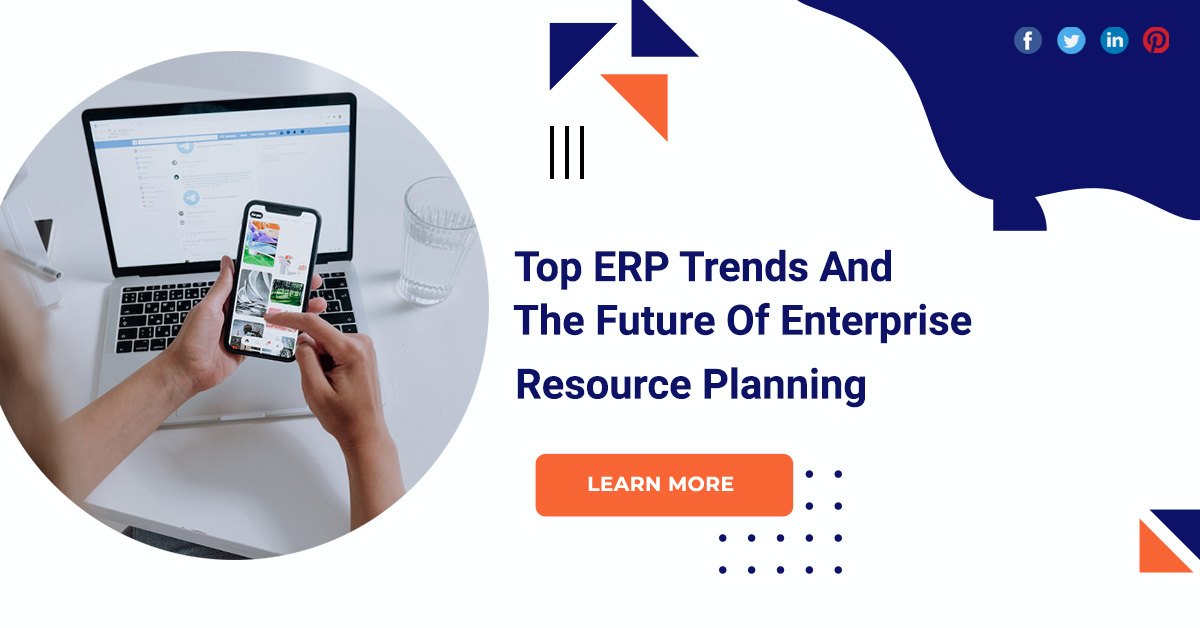Top ERP Trends And The Future Of Enterprise Resource Planning
An ERP software system is often one of the most significant investments a company will make. Not only is it an important financial decision, but it’s also a practical one that can affect all parts of your business, such as human resources, accounting, manufacturing, marketing, and more. Before choosing a new system, buyers should research current available solutions and upcoming ERP trends.
Enterprise resource planning
ERP trends
Cloud deployment
The original cloud value proposition of a ‘faster, cheaper and easier’ way to automate and integrate operations still resonates, but SMEs are increasingly seeing cloud ERP as a path to new technologies.
Internet of things
IoT provides improved asset management, greater efficiency, improved forecasting, real-time business insights, improved communication, improved business intelligence and more. It also supports autonomous vehicles, real-time analytics, artificial intelligence e-commerce retail and more. This is not an exhaustive list, and customer demand, among other factors, has necessitated the growing presence of IoT in the business world.

Personalized solutions
In essence, buyers are realizing the benefits of relinquishing control over their systems, matching McCabe’s cloud prediction. Configurability may not give a company complete control over every aspect of their software, but this feature can provide companies with a specialized solution with minimal effort. Again, this will greatly reduce the need for large IT teams dedicated solely to managing ERP solutions.
Advanced technology
As buyer interest in ERP grows, we are likely to see an increase in these new technologies. The cloud ERP software industry has been offering users easy-to-use applications and cross-platform or mobile features in recent years.
Digital transformation and e-commerce
The COVID-19 pandemic has shaken the world in many ways, including the rise of e-commerce, digital transformation and remote working. Without limited internet access and specific industry standards that make on-premise solutions a necessity, cloud based ERP software is often a better choice for businesses.
Conclusion
The benefits of cloud ERP are numerous and often provide the greatest assistance to small businesses. These types of software allow small companies with one or two IT staff to take advantage of an ERP system that they otherwise could not afford to maintain.







